Emily Spraggon
Exeter Wild City
A partnership between Devon Wildlife Trust and Exeter City Council
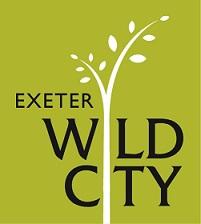
Working closely with Exeter City Council (ECC), the Exeter Wild City project aims to:
- Support and advise on wildlife initiatives in the city
- Enhance and protect the wildlife value of green space in the city
- Provide opportunities for people to experience and enjoy our amazing urban wildlife
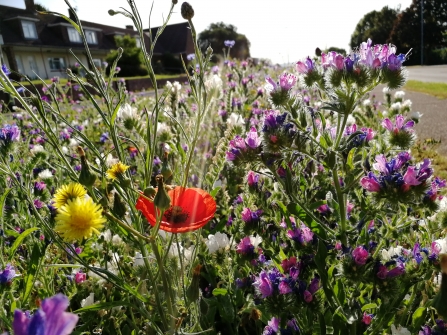
Exeter Wild City
Why do we need it?
Exeter is striking proof that cities can be the homes to abundant wildlife. But, as everywhere, wildlife is under threat. The city now has a human population of almost 130,000 – and it’s growing. We want to ensure that Exeter‘s future development will protect its wildlife and gives it space to thrive.
Contact with nature and wildlife is also hugely important for people; quite simply, contact with our natural environment makes us happy! The project works across the city on projects that are great for wildlife and, importantly, improve our quality of life too.
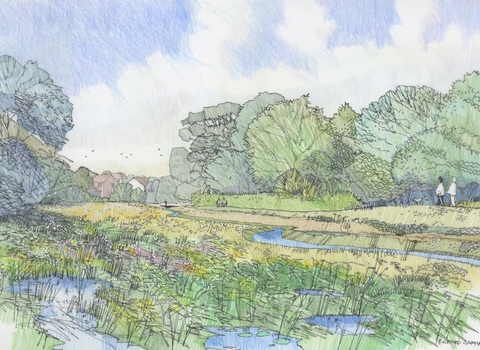
Richard Carman
Natural Northbrook: restoring a city stream
Exeter’s Northbrook, like many of England’s waterways, suffers from poor water quality and a disconnect from floodplains and natural habitats. It is a testament to the resilience of nature that otters and kingfishers can occasionally still be spotted.
In April 2024, Devon Wildlife Trust led an online event, introducing the Northbrook and what has been done so far to revitalise this forgotten stream and help bring nature back. Watch the recording here.
Naturalising Exeter’s Waterways is a project led by Devon Wildlife Trust in partnership with Exeter City Council, the Environment Agency, Devon County Council and South West Water.
Nature Corridors
We work with Exeter City Council to develop meadow verges and parkland meadows that provide nature corridors across the city. We have worked with schools and communities to sow meadows, and are looking at how we can make meadow management sustainable. Exeter City Council is trailing methods for growing meadows, and DWT volunteers survey them to record species diversity.
How to get involved
Anyone across the city can help wildlife and be part of creating a nature network across Exeter. There are many communities, individuals and organisations across the city improving their patch for nature – every bird feeder, every potted plant and every hedgehog hole helps to create a better connected city for wildlife.
Visit our Wilder Communities page to see how you can make a difference in your area.
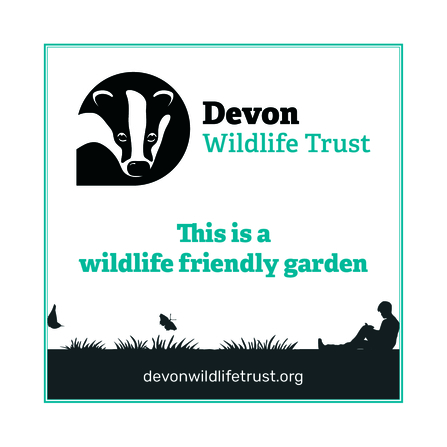
Created by Swift Signs
Wildlife Garden Award
We want to celebrate all that you do for wildlife in your garden, community space, school or at work. So, if you help wildlife to thrive in your patch then we invite you to enter our FREE ‘Wildlife Garden Award’ scheme. If you qualify you will get one of our plaques to proudly display!
The Award is open to residents, community groups, schools and businesses.
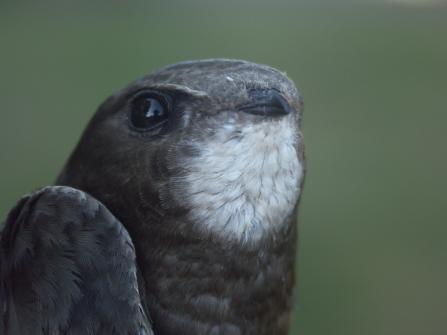
Swift. Photo, David Norman
Exeter’s swifts
The first sightings of swifts each year, usually in early May, are a cause for celebration, signifying the coming of summer.
Exeter residents have helped our city swifts by installing swift boxes and submitting nest sightings to help create a hotspot map for the city.
Working together with Exeter City Council and the RSPB, Exeter now has a nationally acclaimed Residential Design Guide which provides information on including nesting spaces within new build. The city is also one of the first in England to install a swift tower!
If you would like more information on how to help swifts visit Swift Conservation’s website. You can also submit swift sightings on the Devon Biodiversity Records Centre website.
Biodiversity mapping
Devon Biodiversity Records Centre have created a Biodiversity Reference Map for the Exeter Wild City Project.
The map identifies where the city’s most important wildlife habitats are as well as other areas of green space that may hold some wildlife value and form a biodiversity network through the city.
The map is designed for anyone that has an interest in the future ecological health of the city including city planners and land management staff.
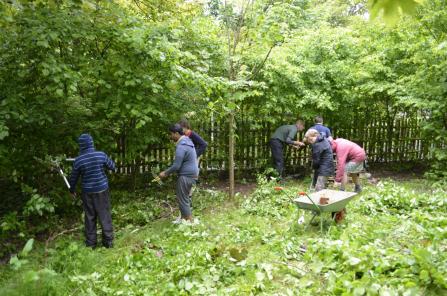
Wilder Learning
DWT’s education team works in Exeter to help connect young people to nature through school visits, events and a youth ranger scheme. Visit our education page for more information.
Get involved
Why not join our Facebook group today and help build the Exeter Wild City community!
